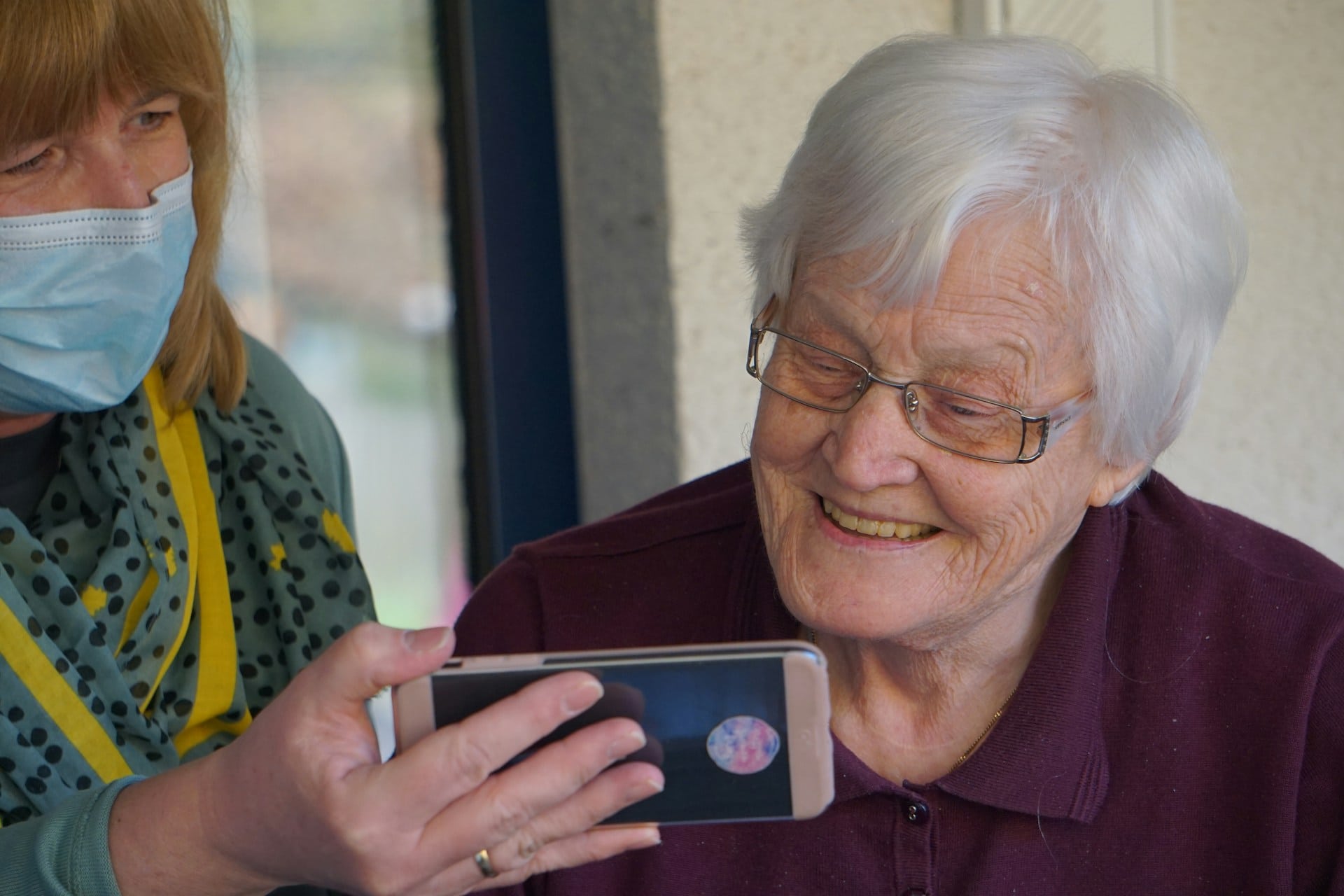
An important aspect of making a Will is having testamentary capacity. This becomes particularly important if the Willmaker is:
- elderly;
- often delirious or easily confused;
- diagnosed with mood, manic and psychotic disorders;
- diagnosed with dementia/Alzheimer’s disease; and/or
- a substance abuser.
To have testamentary capacity, the will maker must amongst other things:
- Understand the significance of preparing a Will;
- Understand their assets; and
- Know the beneficiaries of their estate.
A recent case In the matter of the Will and Estate of Kalliopi Siapantas [2023] VSC 125 demonstrated how a prudent solicitor ensured that the Willmaker had testamentary capacity prior to the execution of the Will.
Kalliopi Siapantas was 92 years of age when she passed away in October 2021. She had executed numerous Wills throughout her lifetime. In 2015, she prepared a Will naming her two children as beneficiaries of her estate in equal shares.
In May 2019, Kalliopi instructed her solicitors to prepare a new Will that equally split her estate five ways.
The solicitor prepared the Will based on Kalliopi’s written instructions and a face-to-face interview. At the time, the solicitor considered the Willmaker to have capacity.
In October 2019, the solicitor assisted Kalliopi in preparing a new Will that was more protected from challenge given that Kalliopi’s daughter was going to receive a smaller inheritance in the 2019 Will as compared to the 2015 Will.
Prior to execution of the Will, the solicitor obtained a medical report from a neuropsychiatrist and on the morning of execution of the Will, the solicitor then sought another neuropsychiatrist to assess Kalliopi. Both neuropsychiatrists believed that Kalliopi had testamentary capacity to execute her Will.
The execution meeting was recorded by a professional videographer and the meeting was conducted in Greek with English subtitles on the video. During the interview, the solicitor also asked Kalliopi questions to ascertain if she had capacity.
Two years later, Kalliopi subsequently passed away. Her daughter filed grounds of objection stating that at the time of making the 2019 Will, Kalliopi did not have testamentary capacity. The daughter obtained a medical report in early 2019 that her mother had dementia and did not have capacity to make a Will. However, the video recording made on the day of execution of the Will was played at the hearing and the daughter was unable to challenge the recording and/or oppose probate being granted.
The above case outlines the importance of taking precautions when preparing a Will for elderly or vulnerable people, and the effort and care that a solicitor should take to ensure that a Will maker has testamentary capacity.
If you or someone you know requires a Will to be prepared, please contact our friendly team at Scanlan Carroll Lawyers.
Recent Articles
News Categories





